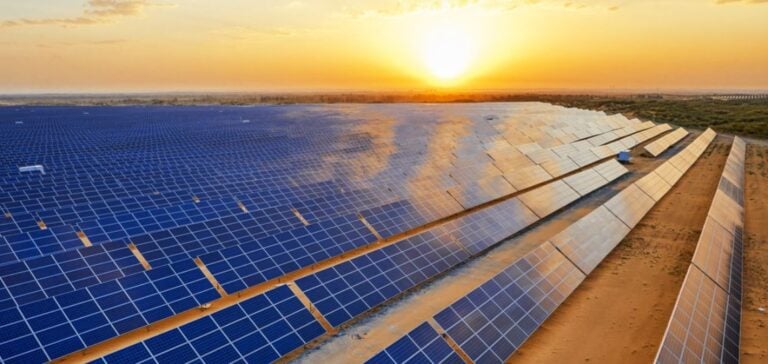Zambia, currently relying on hydroelectricity for over 85% of its energy production, is exploring renewable alternatives to strengthen its energy security. The Ilute solar project, with a capacity of 25 MW, represents one step in this transition. Designed to reduce energy vulnerability during drought periods, this park will sustainably add to the country’s electric capacity.
Investment and Financing of the Project
With a total funding of $45 million, including $8 million from the Sustainable Energy Fund for Africa (SEFA) and $37 million from private capital, Ilute showcases a funding model that avoids sovereign guarantees. This financing approach could encourage other similar projects by attracting independent investors interested in the potential of renewable energy in Southern Africa.
Regional Integration via the Southern African Power Pool
The Ilute project is connected to the Southern African Power Pool (SAPP), which will allow it to sell excess electricity to other regional countries. This interconnection enhances the project’s profitability and fosters energy cooperation between Zambia and neighboring nations. Although its immediate impact is limited to a 25 MW capacity, this project marks progress toward a gradual diversification of the country’s energy mix.
One Effort Among Other Ongoing Initiatives
The Ilute project joins Zambia’s solar parks Bangweulu (54 MW) and Ngonye (34 MW), operational since 2019, as well as a 200 MW solar power plant under construction in Serenje. Together, these projects contribute partially to Zambia’s energy needs, while emphasizing the need for further installations to ensure durable energy security.






















